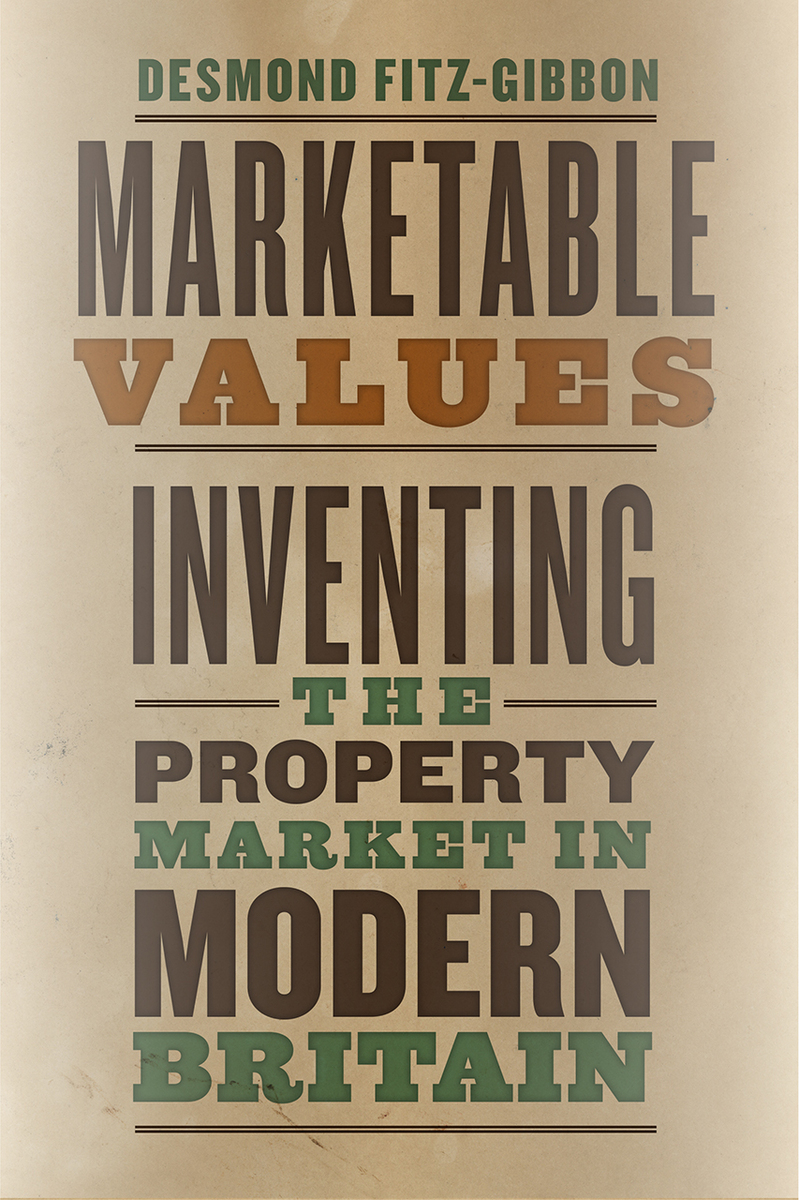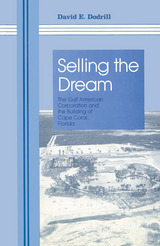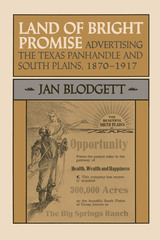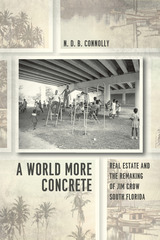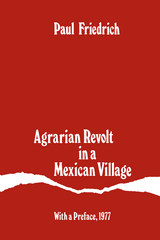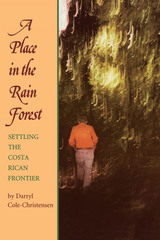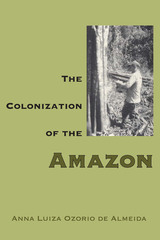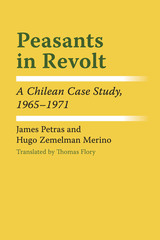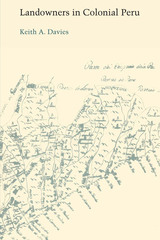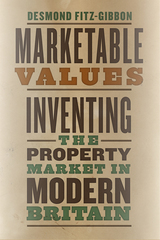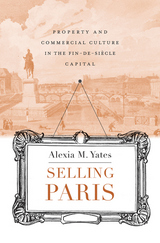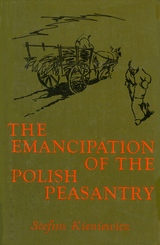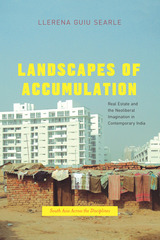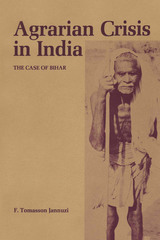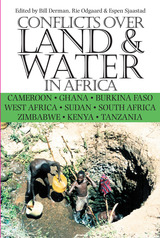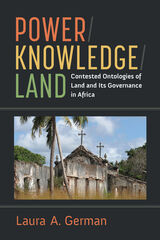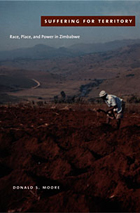Marketable Values: Inventing the Property Market in Modern Britain
University of Chicago Press, 2018
eISBN: 978-0-226-58447-8 | Cloth: 978-0-226-58416-4 | Paper: 978-0-226-58433-1
Library of Congress Classification HD593.F58 2018
Dewey Decimal Classification 333.30941
eISBN: 978-0-226-58447-8 | Cloth: 978-0-226-58416-4 | Paper: 978-0-226-58433-1
Library of Congress Classification HD593.F58 2018
Dewey Decimal Classification 333.30941
ABOUT THIS BOOK | AUTHOR BIOGRAPHY | REVIEWS | TOC | REQUEST ACCESSIBLE FILE
ABOUT THIS BOOK
The idea that land should be—or even could be—treated like any other commodity has not always been a given. For much of British history, land was bought and sold in ways that emphasized its role in complex networks of social obligation and political power, and that resisted comparisons with more easily transacted and abstract markets. Fast-forward to today, when house-flipping is ubiquitous and references to the fluctuating property market fill the news. How did we get here?
In Marketable Values, Desmond Fitz-Gibbon seeks to answer that question. He tells the story of how Britons imagined, organized, and debated the buying and selling of land from the mid-eighteenth to the early twentieth century. In a society organized around the prestige of property, the desire to commodify land required making it newly visible through such spectacles as public auctions, novel professions like auctioneering, and real estate journalism. As Fitz-Gibbon shows, these innovations sparked impassioned debates on where, when, and how to demarcate the limits of a market society. As a result of these collective efforts, the real estate business became legible to an increasingly attentive public and a lynchpin of modern economic life.
Drawing on an eclectic range of sources—from personal archives and estate correspondence to building designs, auction handbills, and newspapers—Marketable Values explores the development of the British property market and the seminal role it played in shaping the relationship we have to property around the world today.
In Marketable Values, Desmond Fitz-Gibbon seeks to answer that question. He tells the story of how Britons imagined, organized, and debated the buying and selling of land from the mid-eighteenth to the early twentieth century. In a society organized around the prestige of property, the desire to commodify land required making it newly visible through such spectacles as public auctions, novel professions like auctioneering, and real estate journalism. As Fitz-Gibbon shows, these innovations sparked impassioned debates on where, when, and how to demarcate the limits of a market society. As a result of these collective efforts, the real estate business became legible to an increasingly attentive public and a lynchpin of modern economic life.
Drawing on an eclectic range of sources—from personal archives and estate correspondence to building designs, auction handbills, and newspapers—Marketable Values explores the development of the British property market and the seminal role it played in shaping the relationship we have to property around the world today.
See other books on: Inventing | Marketing | Real Estate | Real property | Victorian Era (1837-1901)
See other titles from University of Chicago Press
